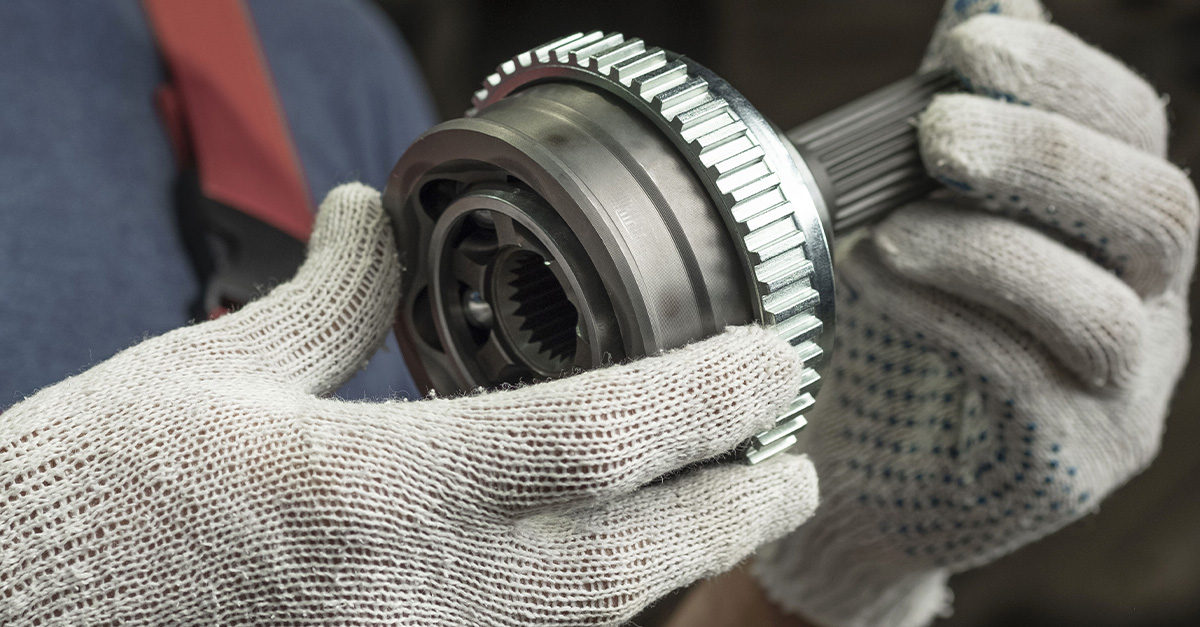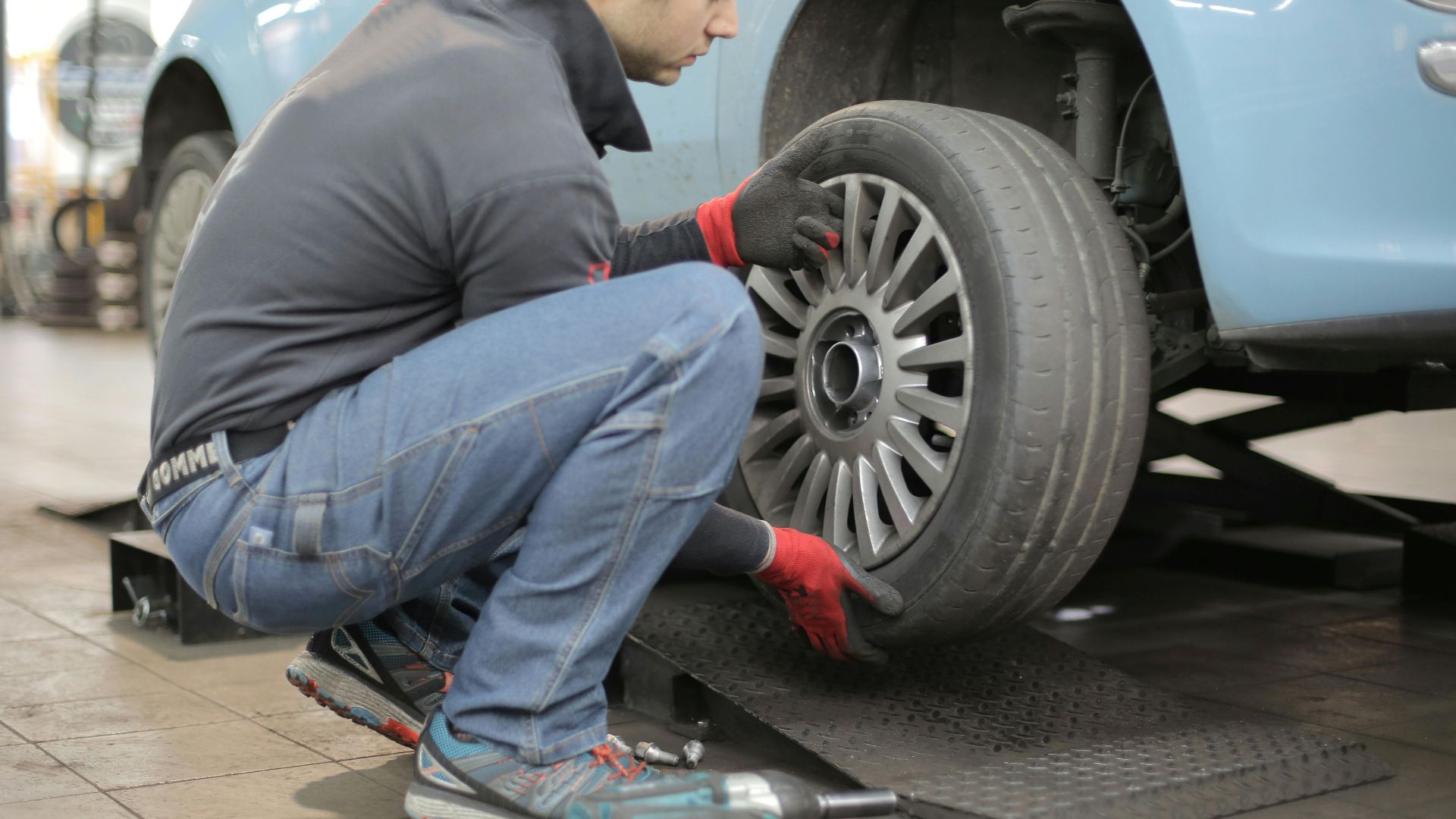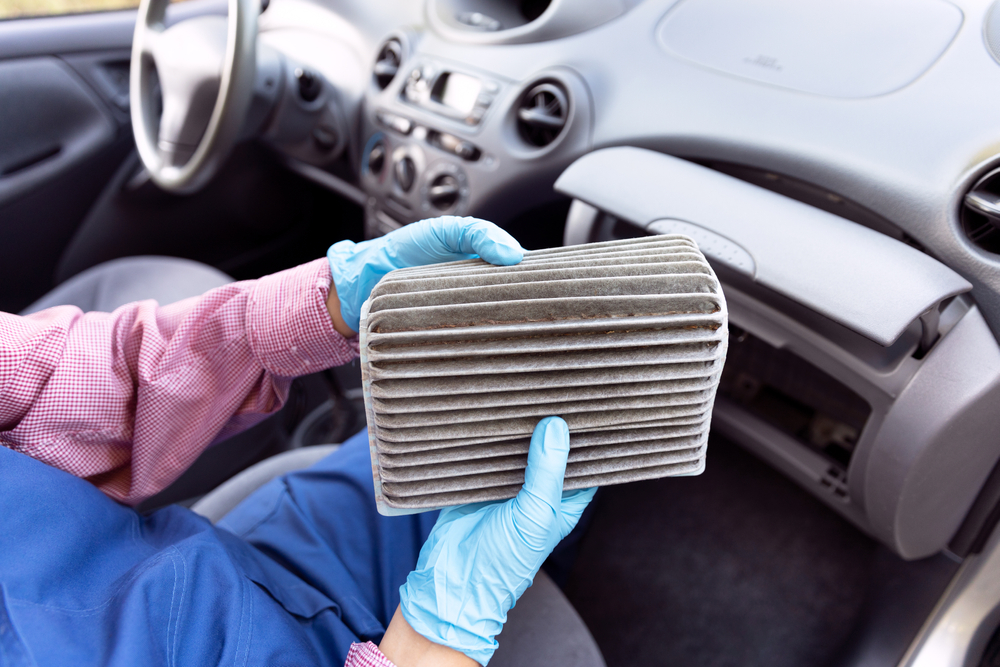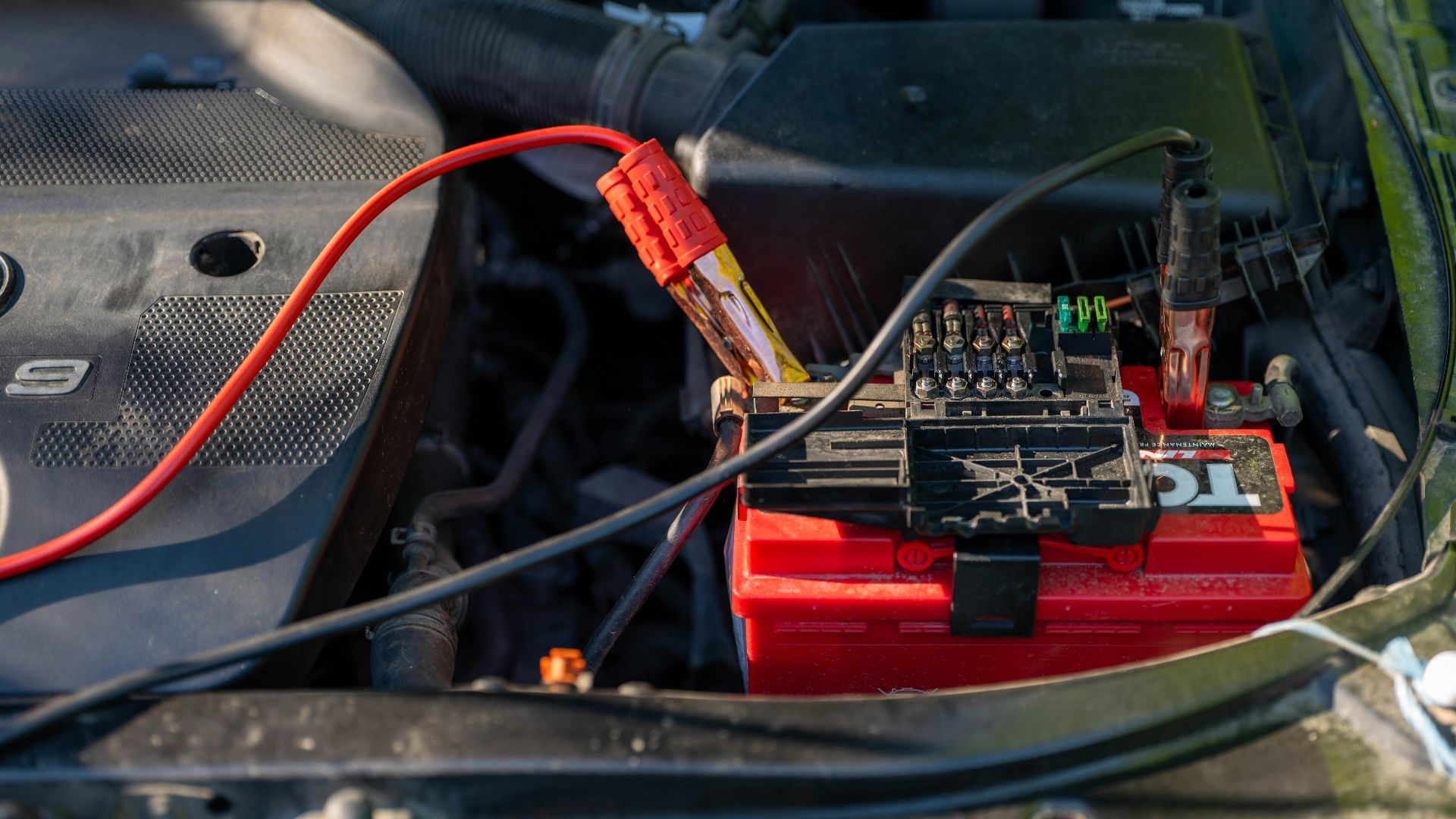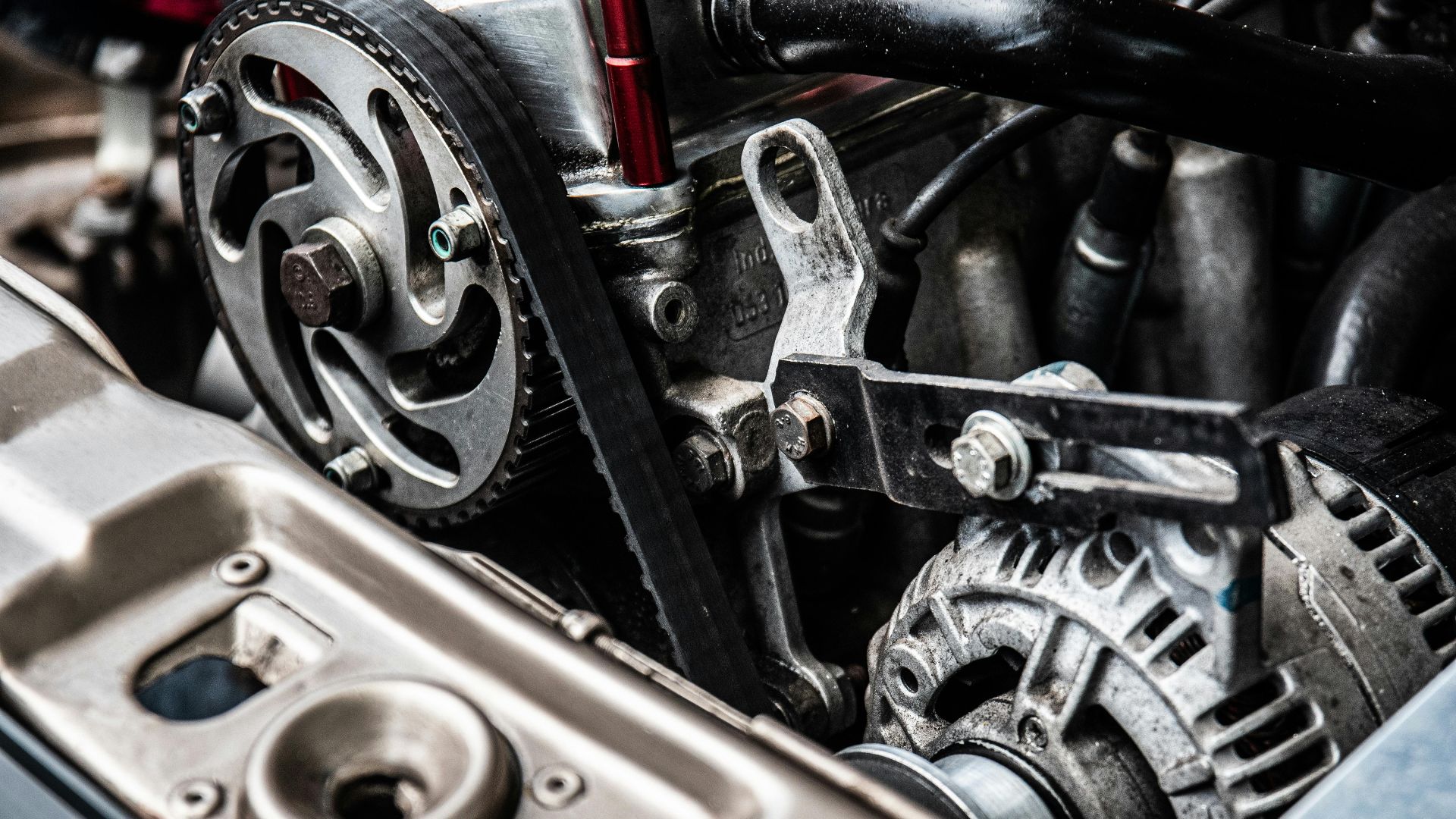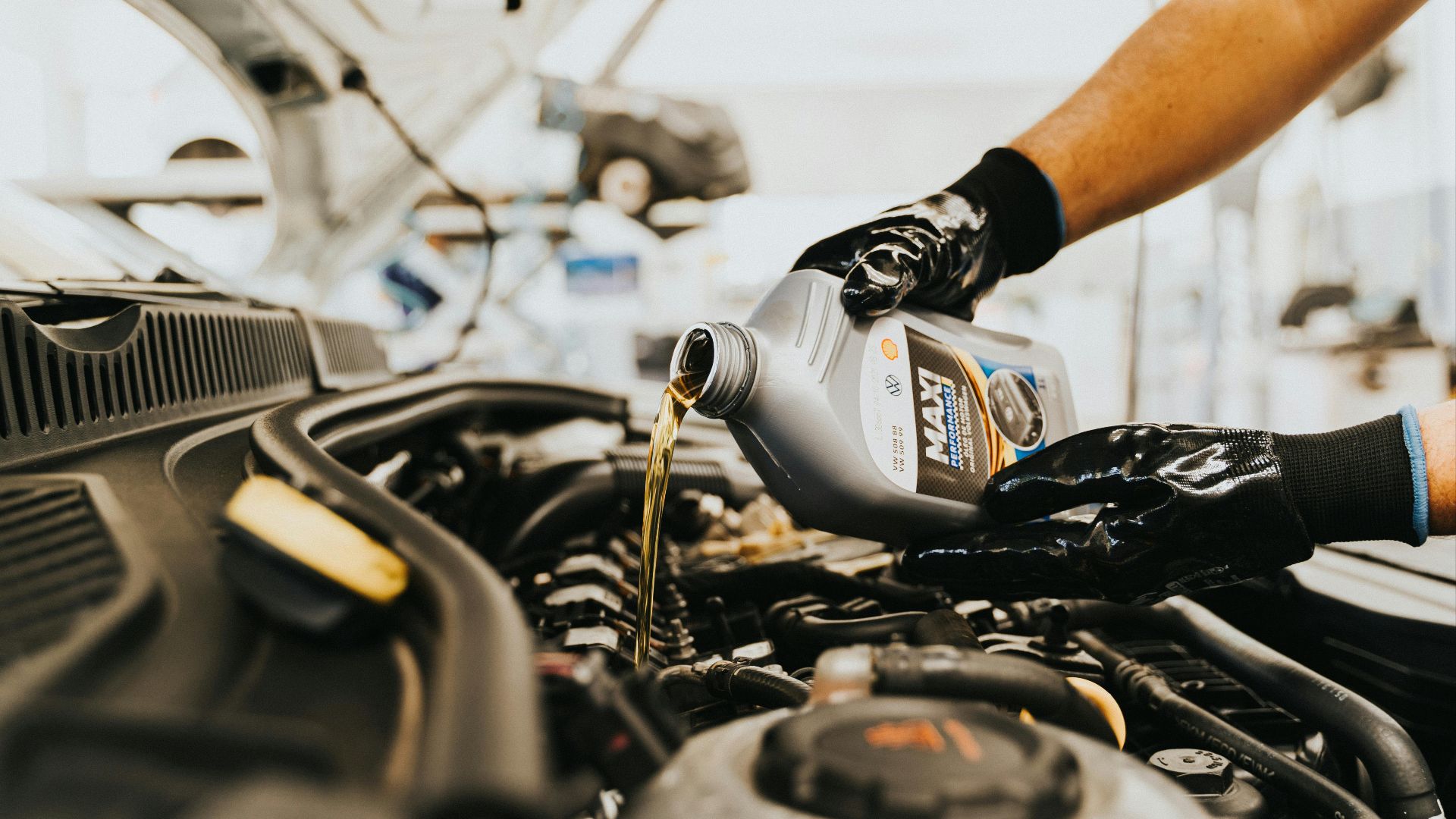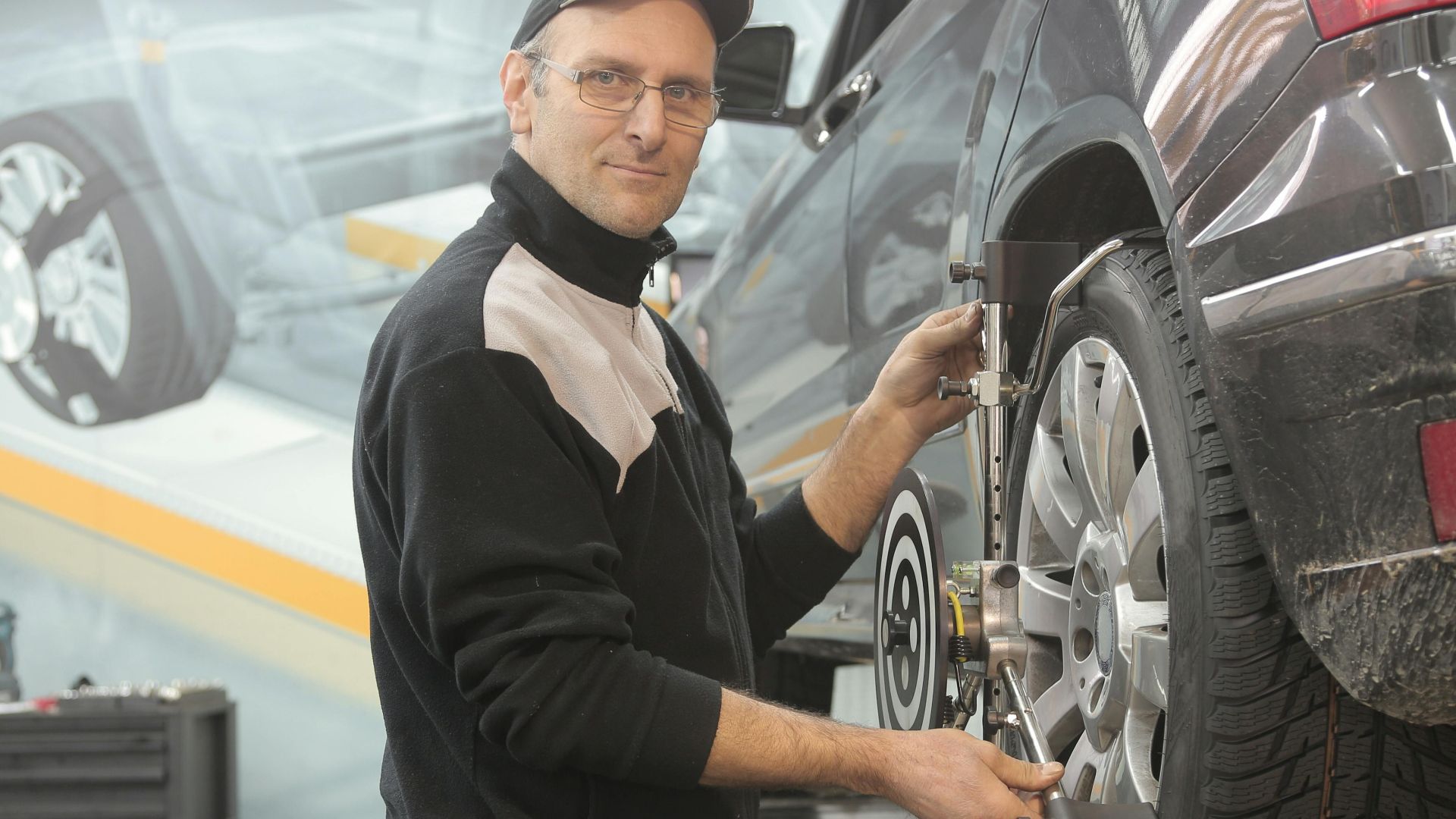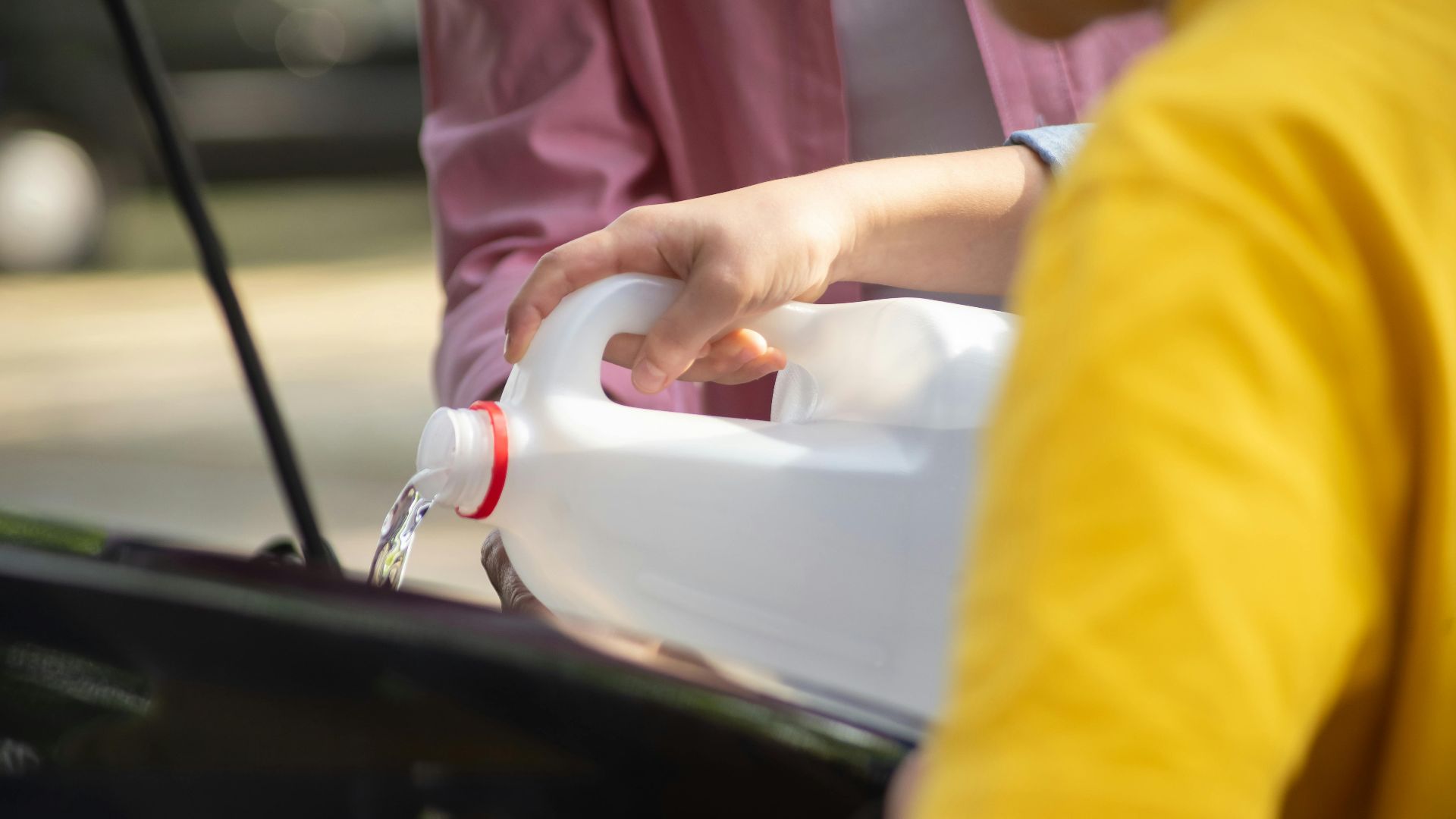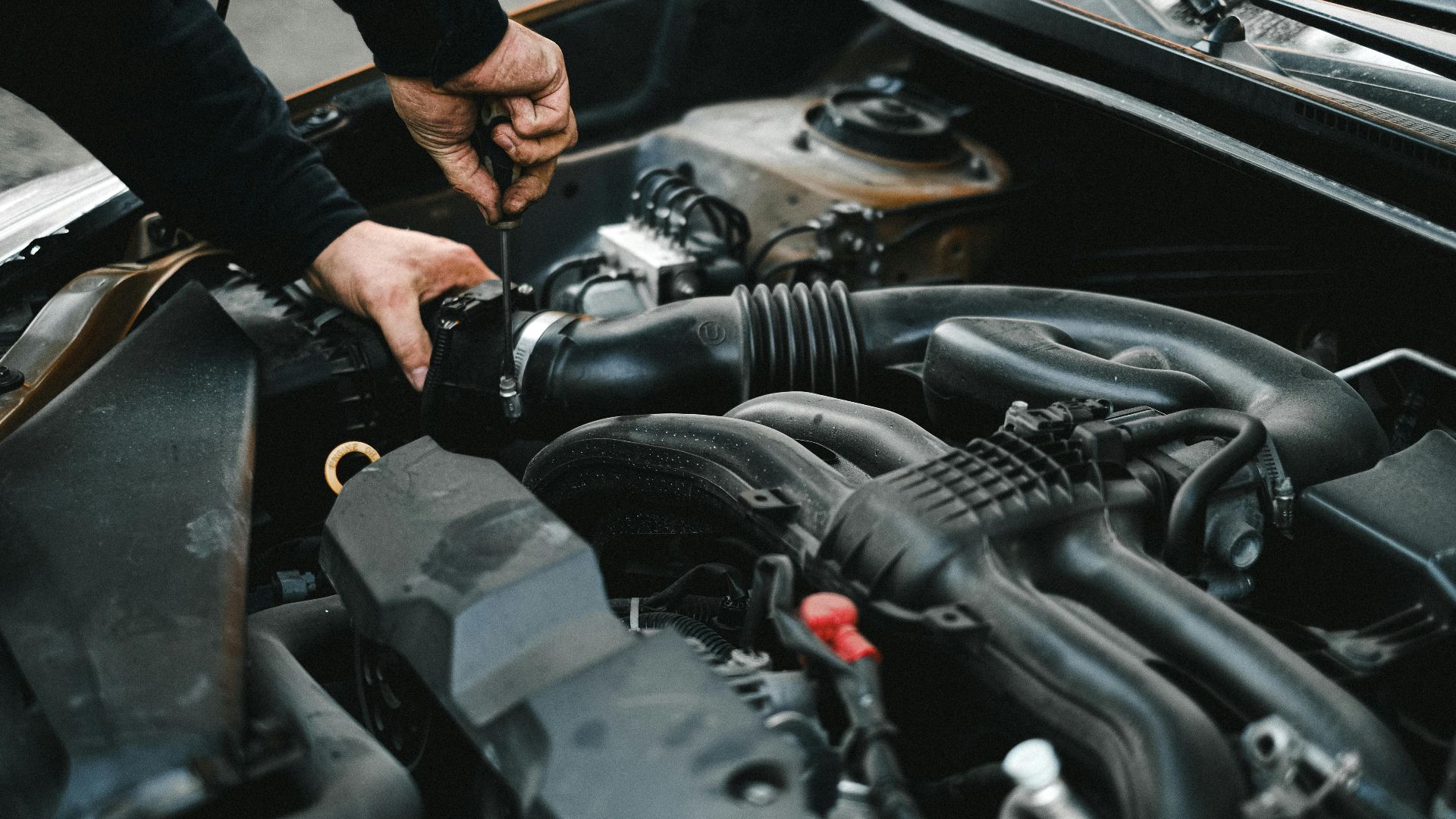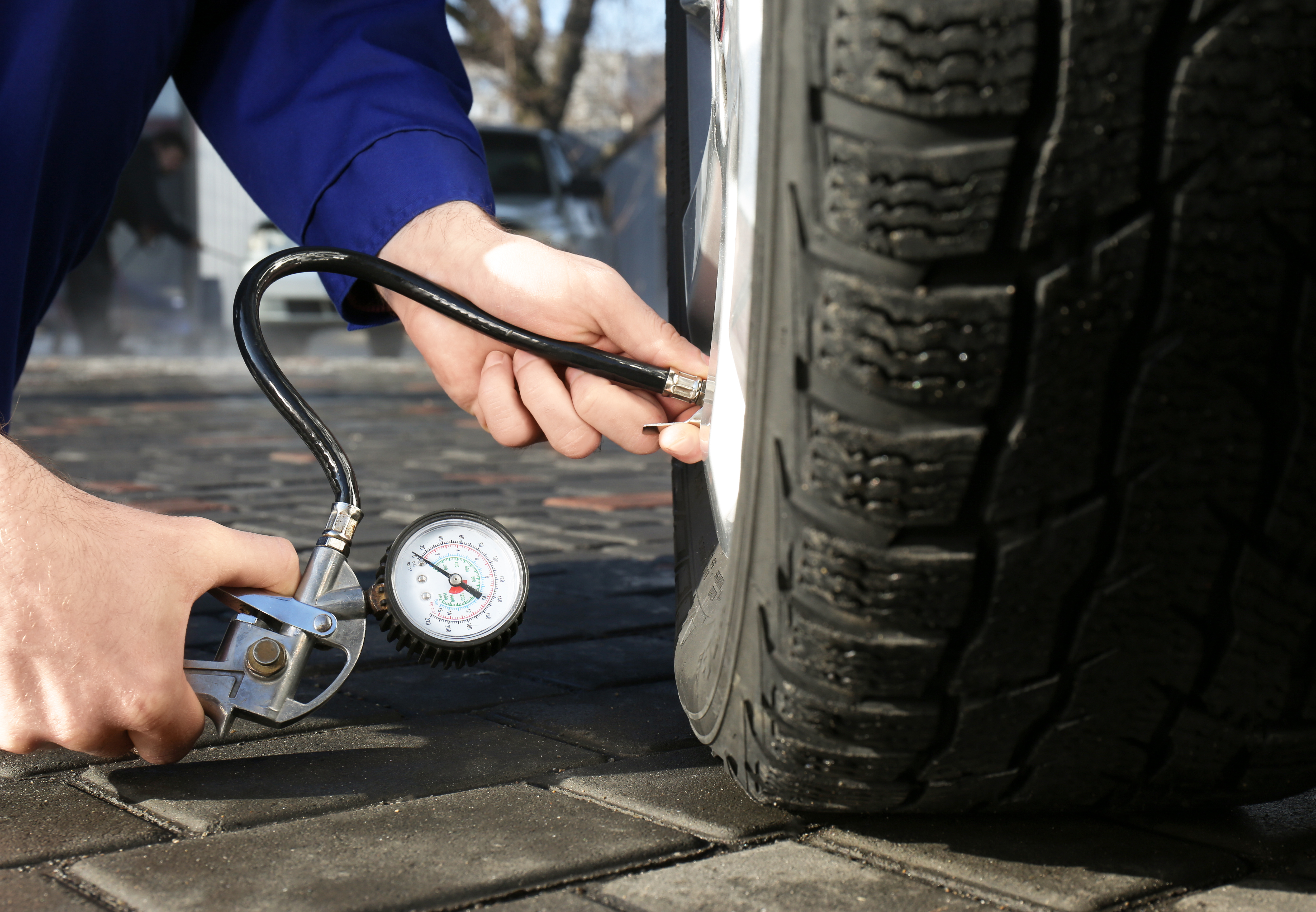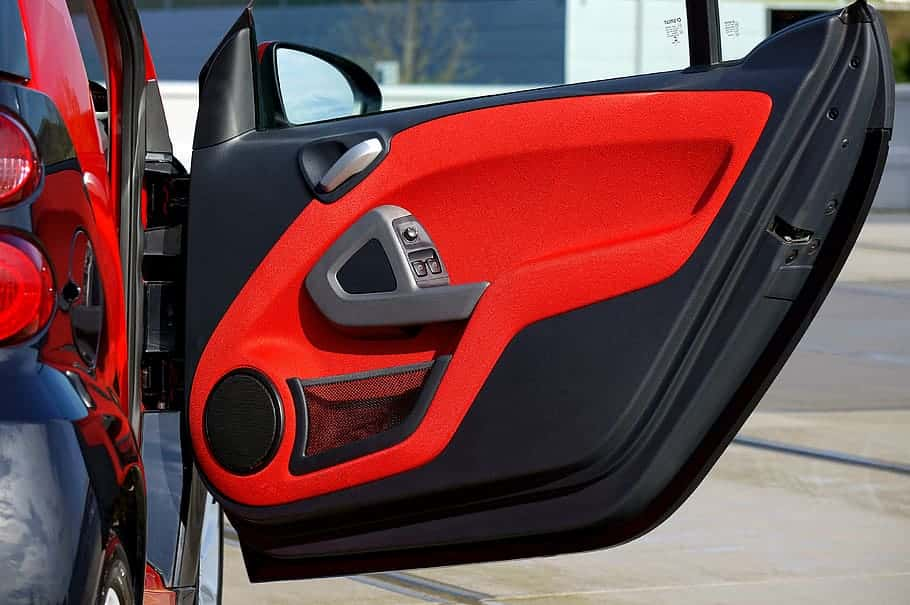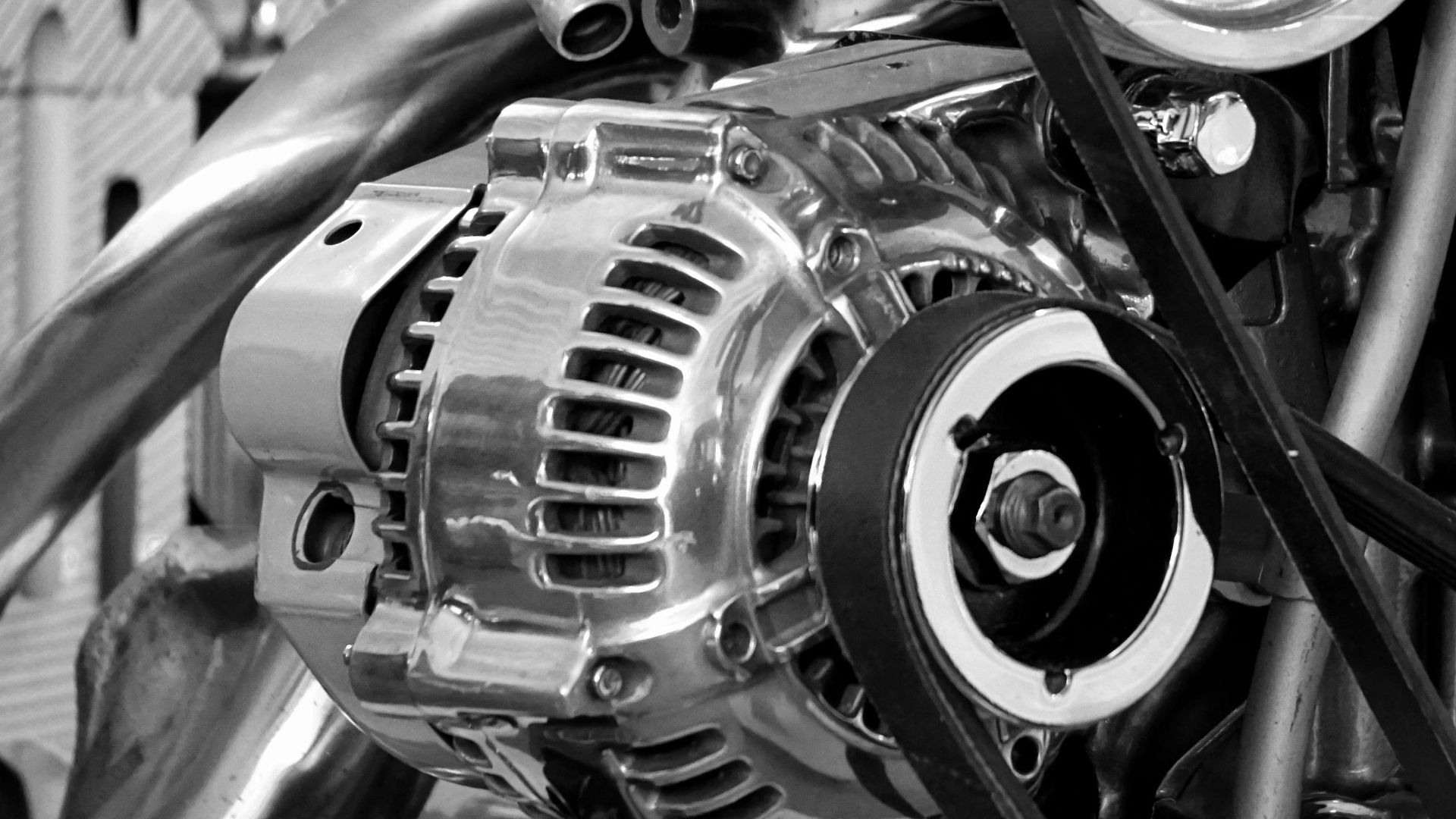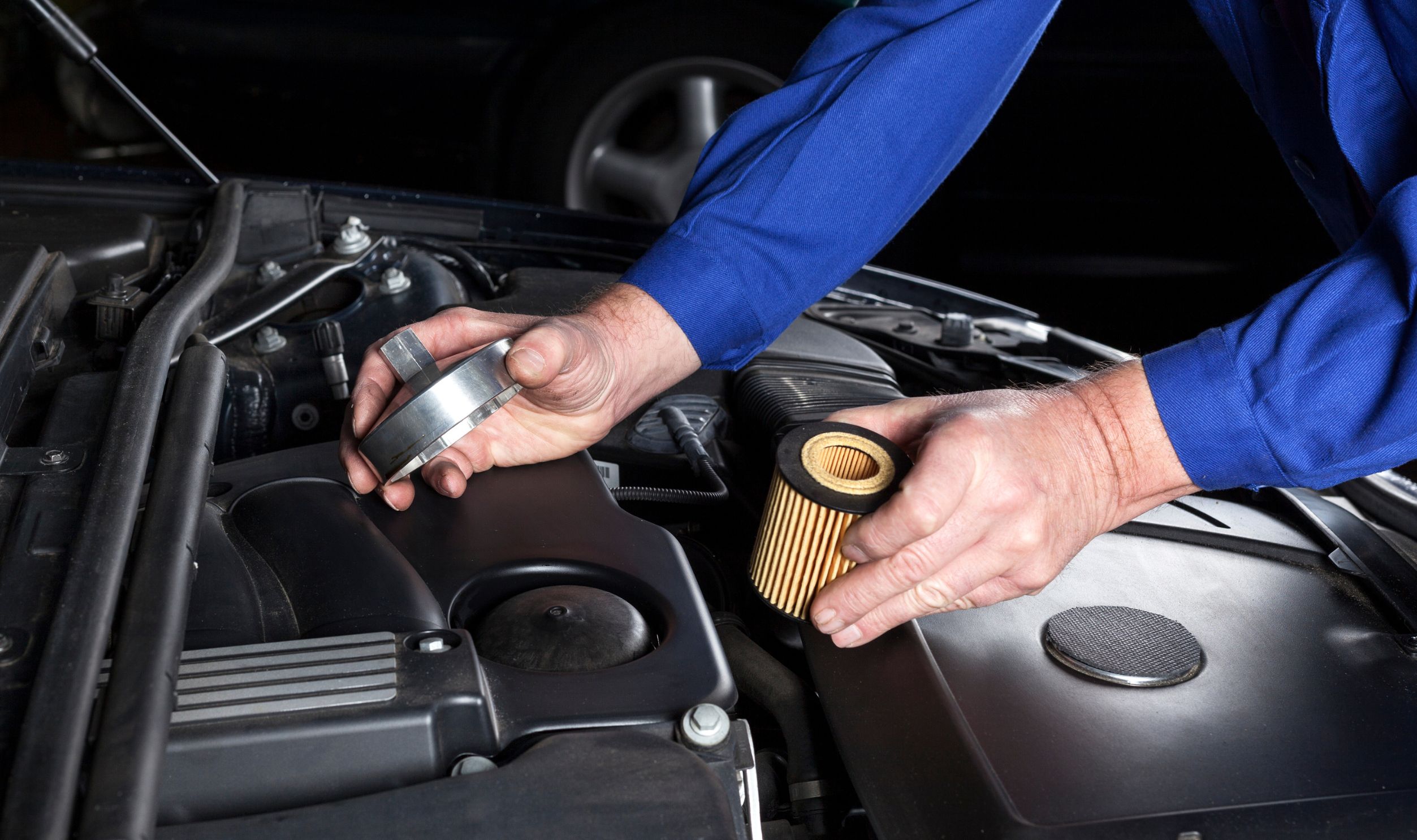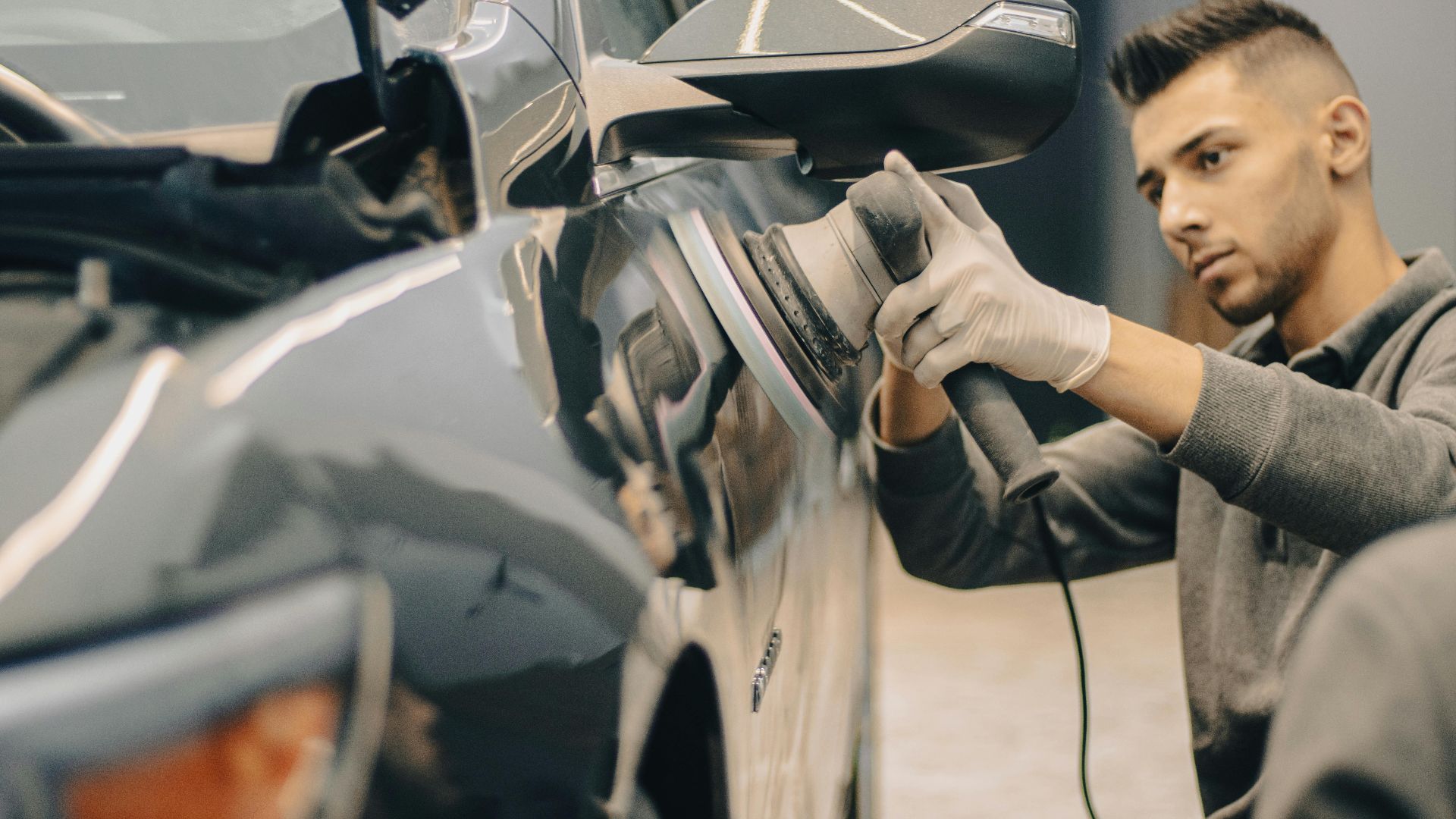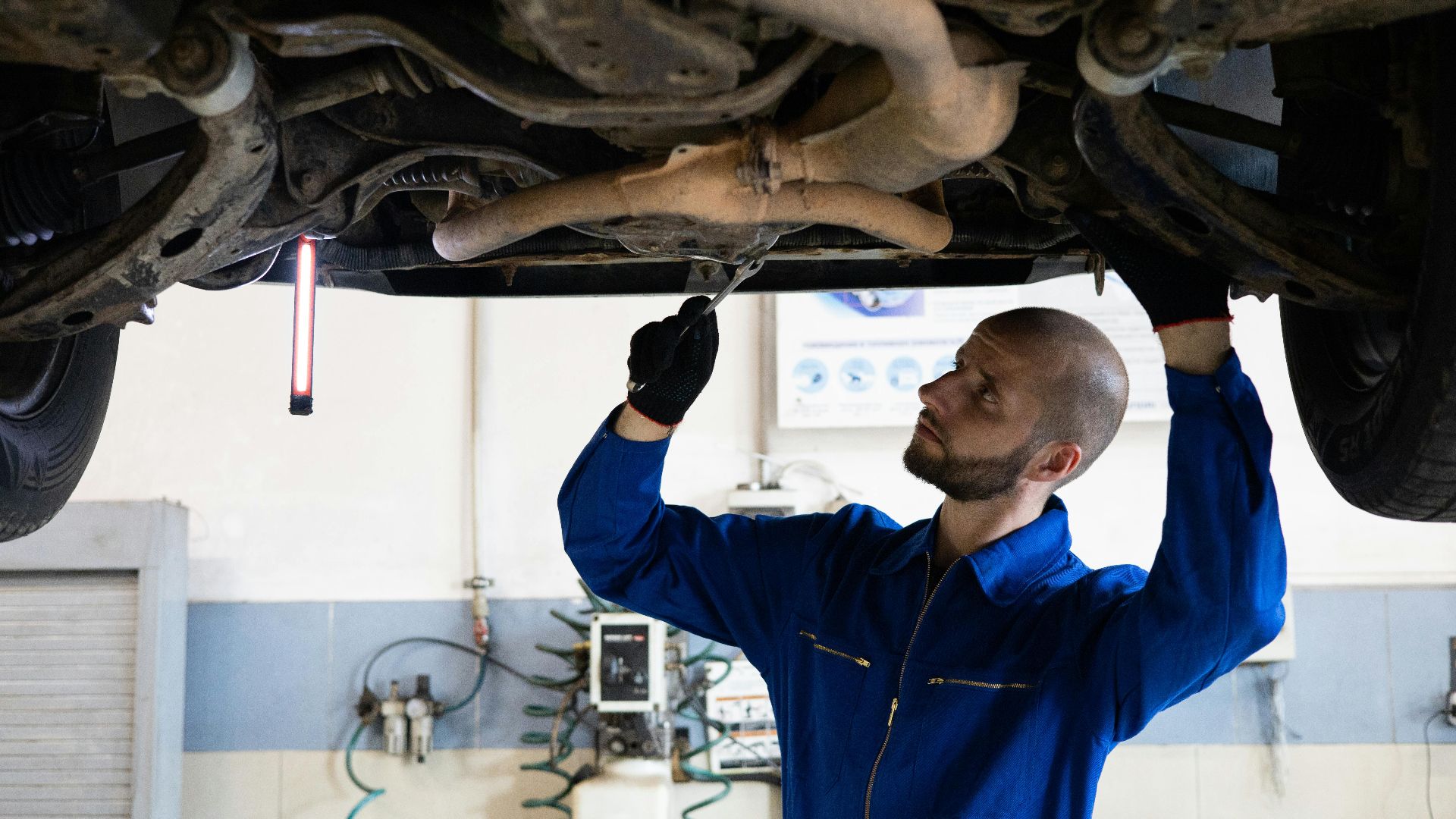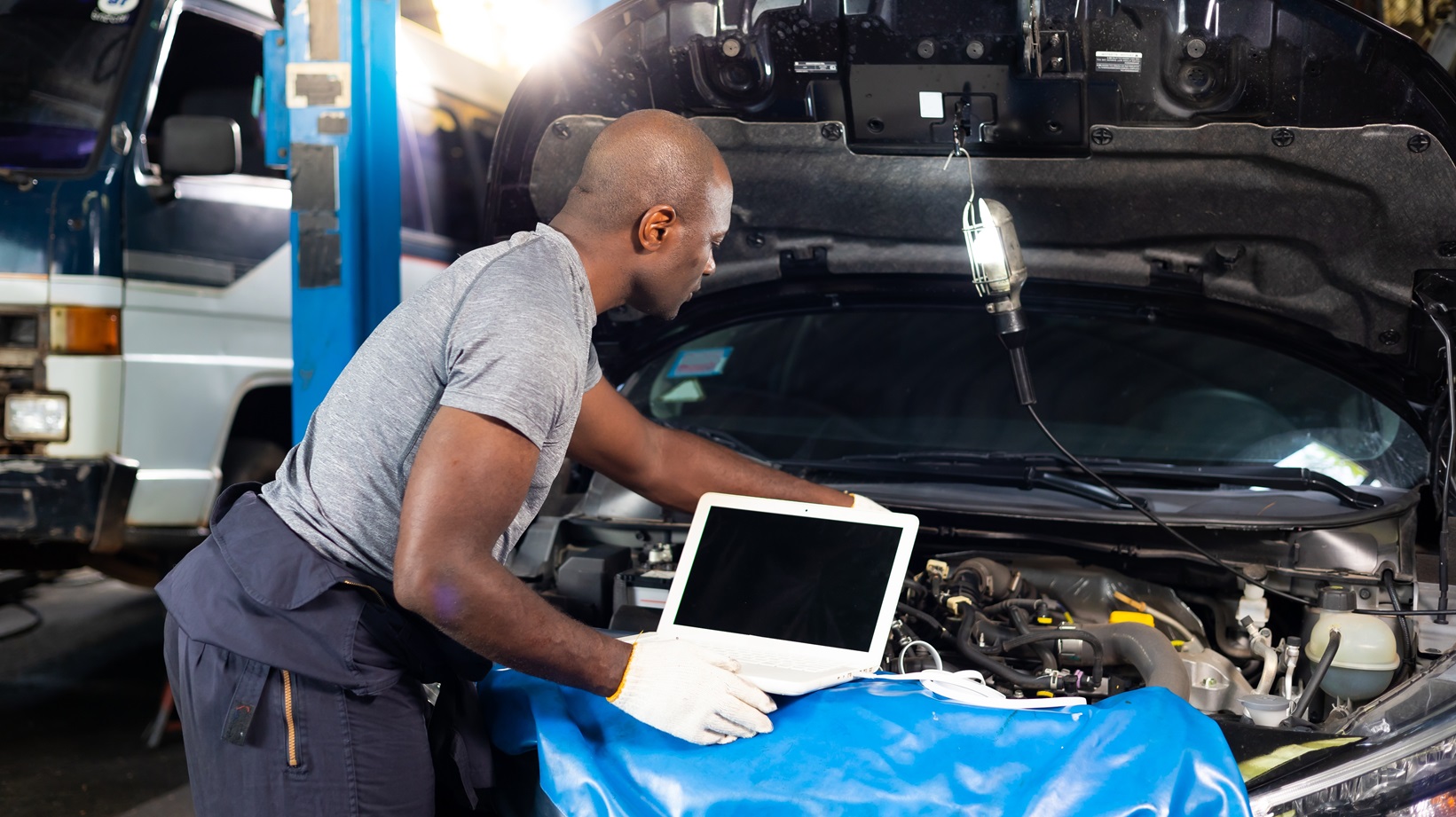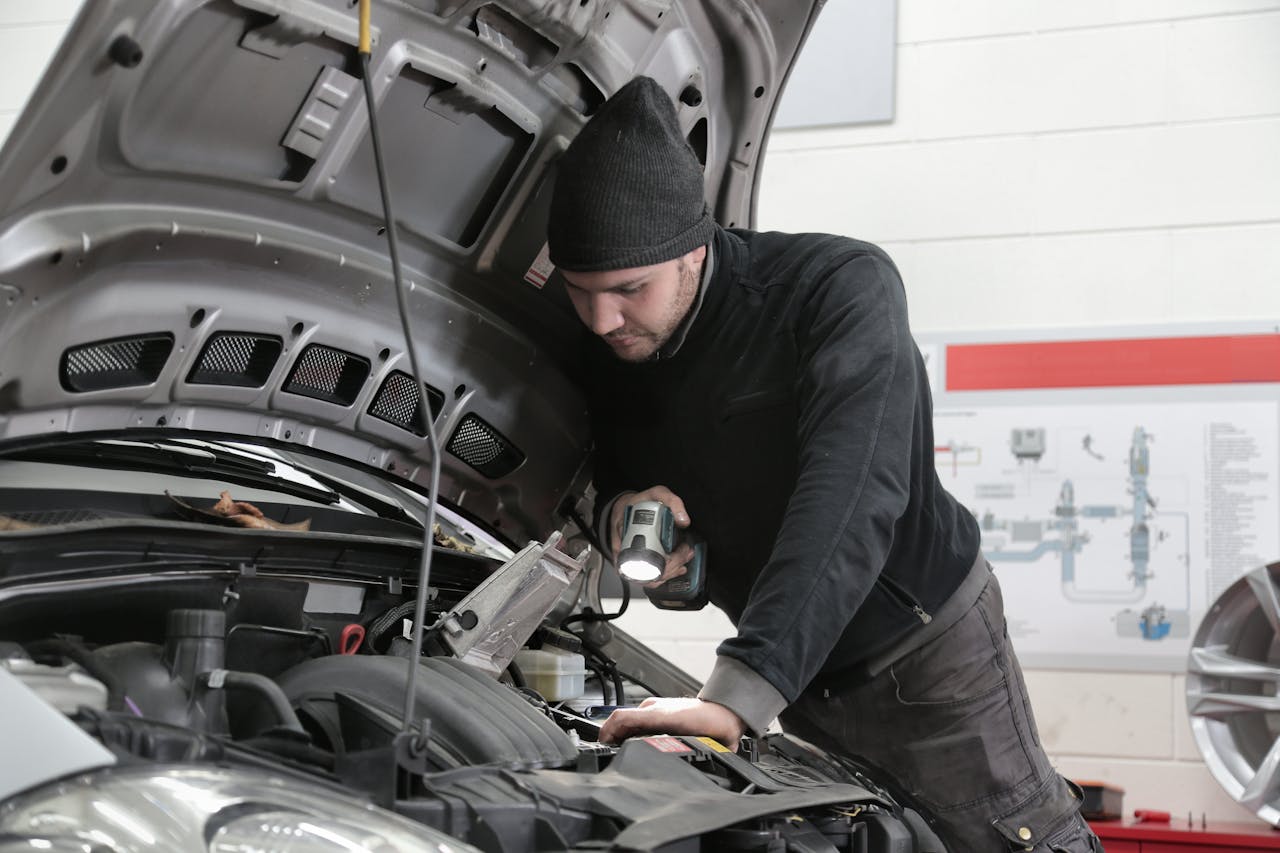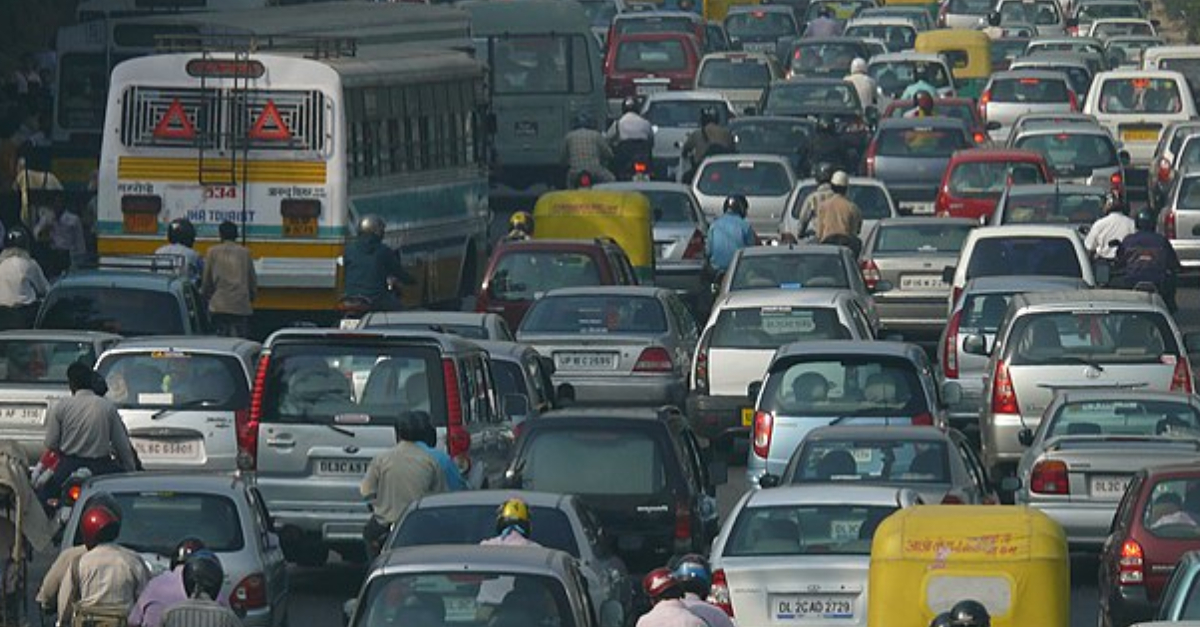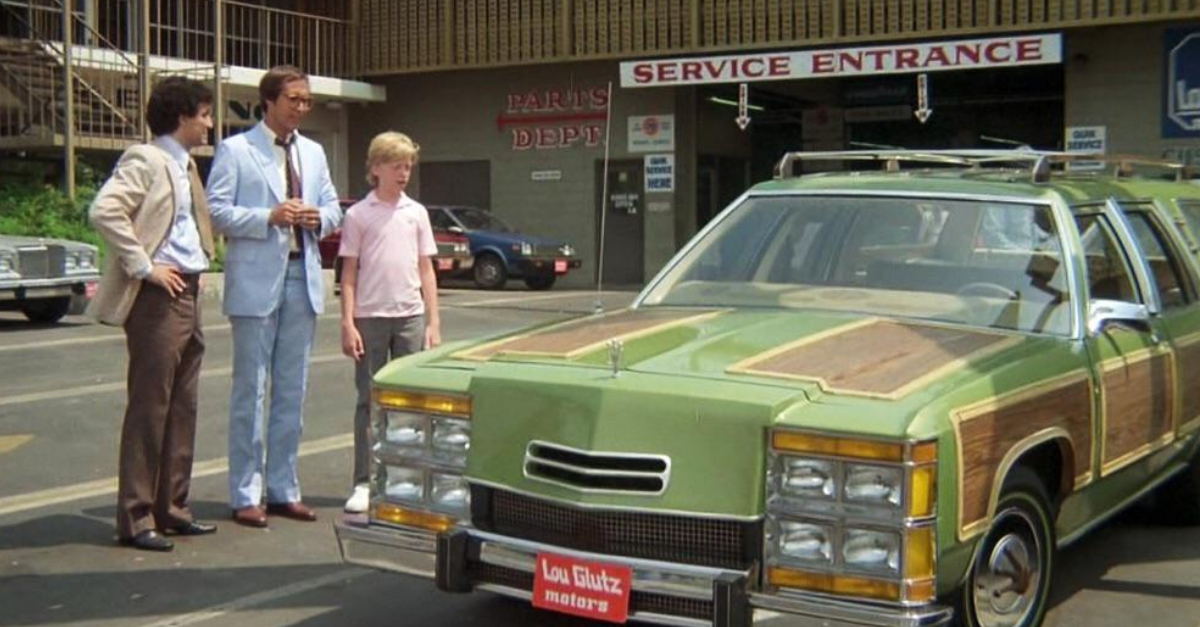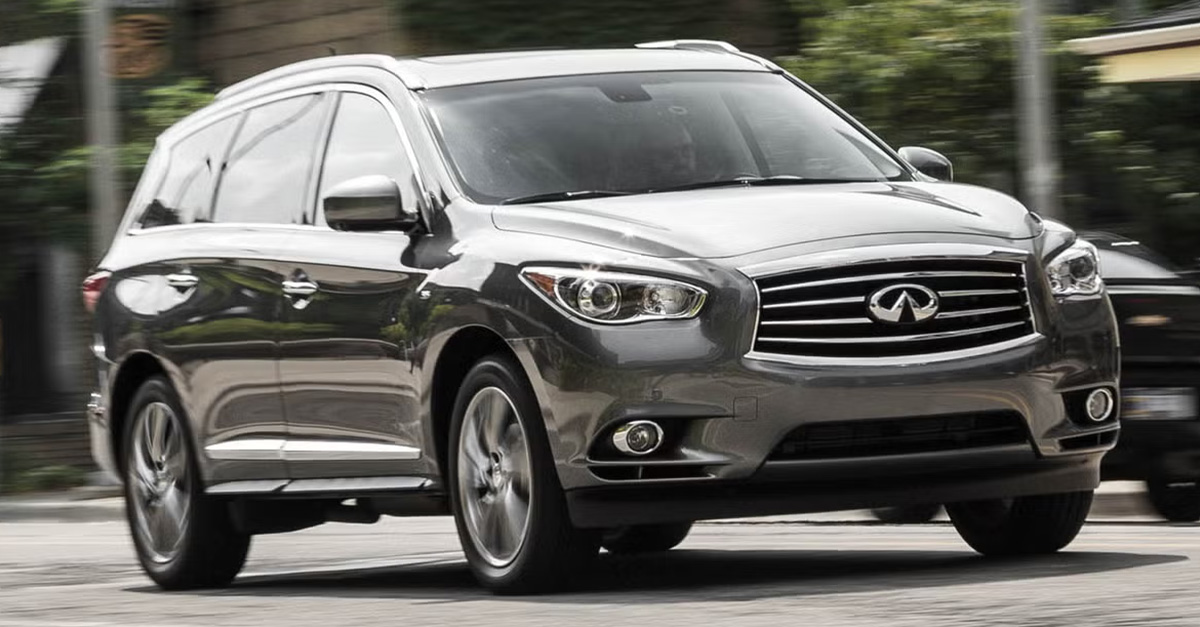What Repair Have You Been Skimping On?
Owning a car is one of life’s greatest joys—right up until something goes wrong. But here’s the secret: most of those wallet-draining repairs can be avoided with a few smart, lesser-known maintenance moves. Buckle up—these 27 underrated tips will keep your ride running smoothly, your fuel economy strong, and your bank account full of joy instead of regret.

Change Your Differential Fluid
Everyone remembers their oil changes—but the differential? Not so much. This thick, gear-protecting fluid keeps your drive wheels spinning in harmony, and neglecting it can lead to metal-on-metal carnage. Change it every 30,000–50,000 miles to prevent grinding noises, bad smells, and a repair bill that could buy a used Miata.
 How to Change Rear Differential Fluid (Summary, Quick Version), ChrisFix
How to Change Rear Differential Fluid (Summary, Quick Version), ChrisFix
Rotate Your Tires Like Clockwork
Tire rotation isn’t just about even wear—it’s about performance, safety, and saving serious cash. Skipping this step can ruin a perfectly good set of tires early and mess with handling. Do it every 6,000–8,000 miles, ideally with each oil change, and your tires will last longer and grip better on every curve.
Clean The Mass Airflow Sensor
This small, overlooked sensor controls how much air mixes with your fuel, and when it’s dirty, your MPG plummets. Spray it with dedicated MAF cleaner once a year—it’s cheap, takes five minutes, and can instantly restore power and fuel economy you didn’t even realize you’d lost.
 How to Clean Mass Air Flow Sensor to Stop Car Hesitation, Scotty Kilmer
How to Clean Mass Air Flow Sensor to Stop Car Hesitation, Scotty Kilmer
Replace Cabin Air Filters
A clogged cabin filter makes your A/C work overtime, guzzling fuel and straining the blower motor. Swap it every 15,000 miles for a fresher interior, cleaner air, and a happier compressor. Plus, it’s a five-minute DIY job that keeps allergy season from turning your car into a pollen cave.
Flush Your Brake Fluid
Brake fluid absorbs moisture over time, which leads to corrosion, spongy brakes, and dangerously long stopping distances. A full brake fluid flush every 2 years keeps the system crisp and corrosion-free, protecting those pricey brake lines and calipers that could otherwise set you back big bucks.
Check & Clean Battery Terminals
Corroded terminals reduce your battery’s lifespan and can cause weird electrical gremlins like flickering lights or random warning lights. A quick scrub with baking soda, water, and a wire brush every few months keeps your battery connections solid and your starts confident, even on freezing mornings.
Inspect Belts and Hoses Regularly
Rubber doesn’t last forever—especially under your hood where it’s hot, oily, and vibrating constantly. Check for cracks, frays, or bulges twice a year and replace anything suspicious. A $20 belt or hose today can save you from a $1,000 roadside repair and a ruined weekend tomorrow.
Change Transmission Fluid Before It’s Too Late
Too many drivers ignore transmission fluid until it’s pink sludge and the gears start slipping. Change it every 30,000–60,000 miles (or as your manual says) to prevent expensive rebuilds. Your transmission is the car’s heart—keep its blood fresh, and it’ll reward you with years of smooth shifting.
Don’t Ignore Wheel Alignment
If your car drifts, shakes, or your steering wheel’s off-center, you’re burning through tires faster than you think. A professional alignment once a year keeps your suspension in harmony, extends tire life, and improves handling and fuel economy. Think of it as yoga for your car’s chassis.
Keep Your Undercarriage Clean
Salt, grime, and road debris are silent car killers that slowly chew through metal. Wash underneath your car—especially after winter or beach trips—to prevent rust from eating your frame, exhaust, and brake lines. A clean underbody today could mean an extra decade of rust-free driving bliss.
 Underside 'Deep Clean' and Preservation Treatment!, JP Details
Underside 'Deep Clean' and Preservation Treatment!, JP Details
Use Fuel Additives Occasionally
A quality fuel additive cleans injectors, valves, and combustion chambers, restoring lost performance and efficiency. Use one every 5,000 miles, especially if you mostly drive short trips or cheap gas. It’s like sending your engine on a spa day that costs less than a burger combo.
 13 Fuel Additives Mechanics Don’t Want You to Know, Car Care Clues
13 Fuel Additives Mechanics Don’t Want You to Know, Car Care Clues
Keep An Eye On Coolant Mixture
Your coolant isn’t just antifreeze—it’s also your engine’s corrosion shield. Make sure it’s a 50/50 mix of antifreeze and water, and flush it every 2–3 years. Over time, coolant breaks down, letting rust sneak in—and that can destroy radiators, heater cores, and even cylinder heads.
Replace Spark Plugs On Schedule
Worn spark plugs cause misfires, sluggish acceleration, and terrible fuel economy. Swapping them on schedule (every 30k–100k miles) keeps your combustion crisp and your engine efficient. Bonus: your car will start smoother, idle better, and feel more responsive under your right foot.
 Spark Plug Replacement DIY (the ULTIMATE Guide) by ChrisFix
Spark Plug Replacement DIY (the ULTIMATE Guide) by ChrisFix
Check For Vacuum Leaks
Tiny vacuum leaks mess with your air-fuel ratio and can tank your MPG while causing weird idling or rough starts. Listen for a hissing noise or spray carb cleaner around suspect hoses. Spotting and fixing one now could save your catalytic converter—and a thousand bucks later.
Clean The Throttle Body
Carbon buildup in your throttle body can cause rough idling, laggy throttle response, or even stalling at stoplights. Ten minutes and a can of cleaner is all it takes to fix it. It’s a quick job that brings back smooth revs and a happier idle without visiting a mechanic.
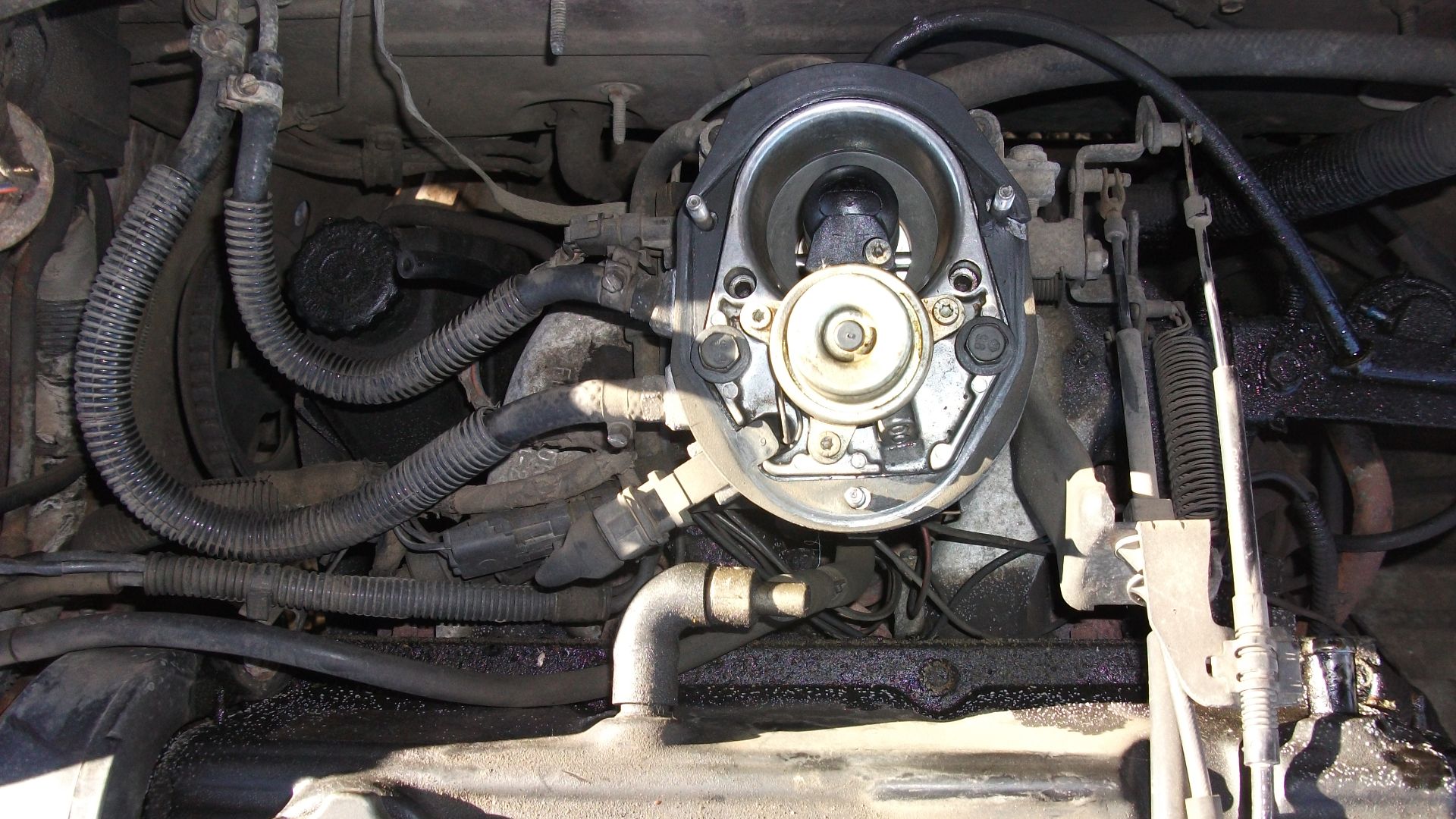 dave_7 from Lethbridge, Canada, Wikimedia Commons
dave_7 from Lethbridge, Canada, Wikimedia Commons
Keep Tire Pressure Perfect
Improper tire pressure burns fuel, kills tread life, and ruins handling. Check it once a month (including the spare!) and set it to the manufacturer’s specs. A small air gauge is all you need—and keeping pressure perfect can save you hundreds in gas and tire wear every year.
Replace Wiper Blades Before They Scratch
Old, brittle wipers can leave streaks—or worse, scratch your windshield, which costs hundreds to replace. Swap them every 6–12 months for clear vision and peace of mind. Plus, nothing beats the satisfaction of streak-free glass during a downpour.
Check Engine Mounts
Worn engine mounts make your car shake, rattle, and roll (not in a good way). Replace them early to prevent damage to your exhaust, transmission, or even axles. It’s a small fix that keeps your car smooth, quiet, and vibration-free at every stoplight.
 Watch this before replacing engine mount/How to replace engine mount on your car, AliMECH
Watch this before replacing engine mount/How to replace engine mount on your car, AliMECH
Grease Door Hinges & Latches
A squeaky hinge today can become a seized latch tomorrow, especially in humid or coastal areas. A dab of lithium grease every few months keeps doors opening smoothly and prevents expensive replacements later. Bonus: no more embarrassing squeaks in the parking lot.
Test Your Alternator Output
A weak alternator can ruin your battery, dim your lights, and leave you stranded at the worst time. Most auto parts stores will test it for free—do it annually. A simple check now could save you the hassle (and tow bill) of a dead car later.
Pay Attention To The PCV Valve
This small valve regulates crankcase pressure and prevents oil sludge from forming. When clogged, it can lead to leaks and smoky exhaust. Replace it every 30,000 miles, and your engine will breathe easier and stay cleaner inside. It’s cheap insurance against sludge disaster.
 HOW TO TEST AND CLEAN PCV VALVE ON CAR EASY, Auto Repair Guys
HOW TO TEST AND CLEAN PCV VALVE ON CAR EASY, Auto Repair Guys
Lubricate Window Tracks
Slow or struggling windows aren’t just annoying—they’re a warning sign. A silicone spray along the tracks keeps motors running freely and prevents regulators from burning out. You’ll enjoy smooth operation, quieter motion, and avoid a $300 replacement job later.
Replace Fuel Filters on Schedule
A clogged fuel filter starves your engine and makes the fuel pump work overtime. Replace it every 20,000–40,000 miles for smooth acceleration and better MPG. It’s an easy, low-cost maintenance move that can save you from sudden engine hesitation or costly pump failure.
Protect Your Paint With Regular Waxing
Waxing isn’t just about shine—it’s your car’s armor against UV rays, salt, and bird bombs. Wax twice a year to preserve your clear coat and resale value. Bonus: washing your car afterward will be faster, easier, and way more satisfying.
Check Suspension Components
Loose or worn suspension parts—like ball joints, shocks, or bushings—can make handling sloppy and tires wear unevenly. Inspect them during rotations and replace as needed. Good suspension not only saves money but keeps your ride feeling planted and confident in every curve.
 1976 BMW 2002 Overhaul Episode 4 Front Suspension by David's Garage
1976 BMW 2002 Overhaul Episode 4 Front Suspension by David's Garage
Tighten Exhaust Connections
A rattling or droning exhaust might just be a loose clamp away from disaster. Tighten or replace small connections before rust spreads and forces a full replacement. Keeping your exhaust secure means better performance, quieter drives, and fewer fumes sneaking into your cabin.
Keep Up With Software Updates
Modern cars are rolling computers, and software updates can fix bugs, improve shifting, or even boost fuel economy. Many dealers install them free during service visits. Ask for updates at your next oil change—it’s like downloading a performance upgrade straight into your car’s brain.
Maintenance Is an Investment
Sure, maintenance isn’t sexy—but neither is a surprise $4,000 repair. A little attention now keeps your ride in top form, boosts longevity, and saves thousands over the years. Think of maintenance as tuning your wallet for maximum performance—and your car will thank you every single mile.
You May Also Like:
The Most Iconic Movie Cars & Who Owns Them Today
The Weirdest In-Car Gadgets Ever Offered By Automakers

